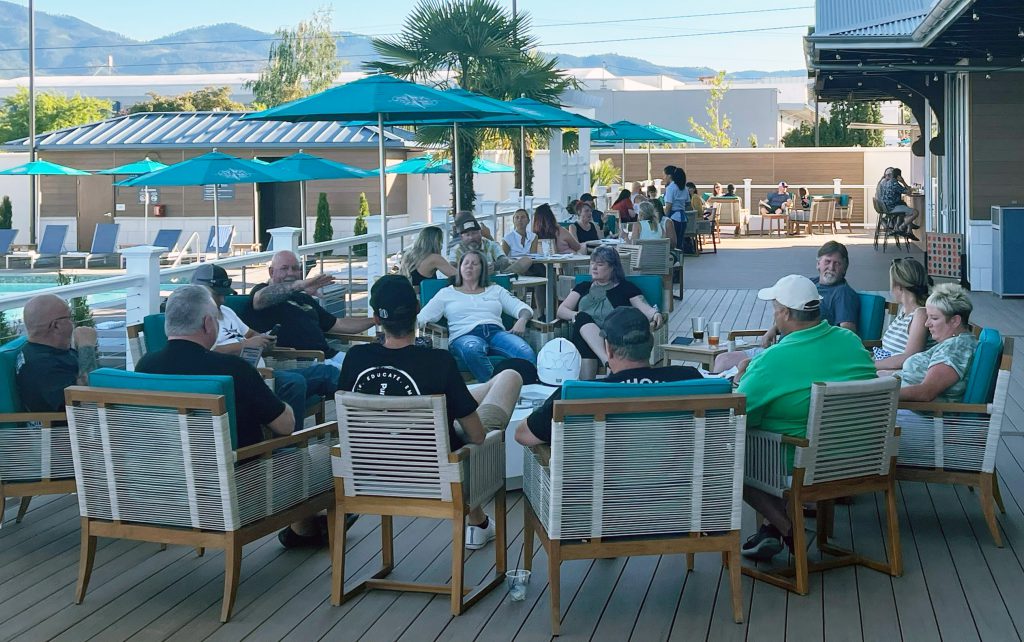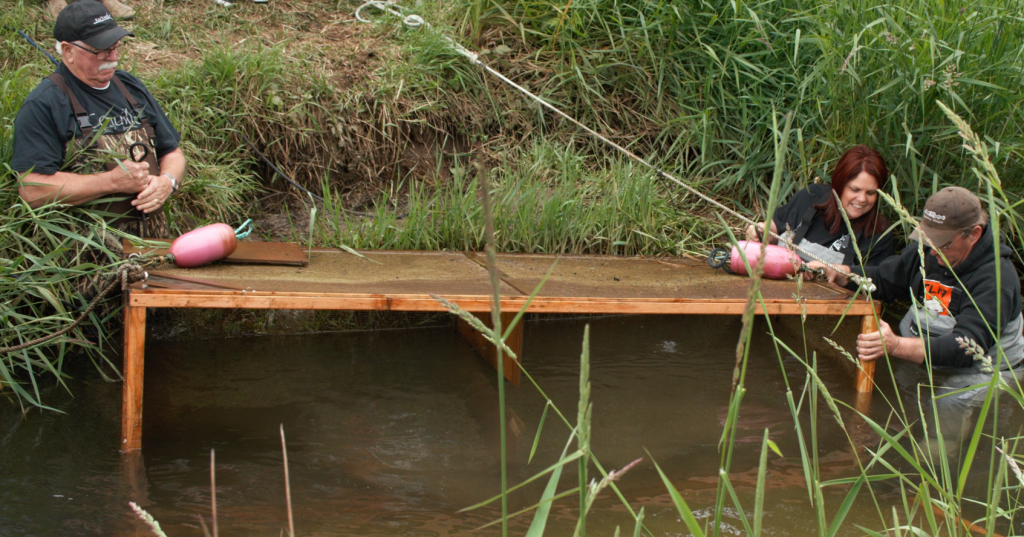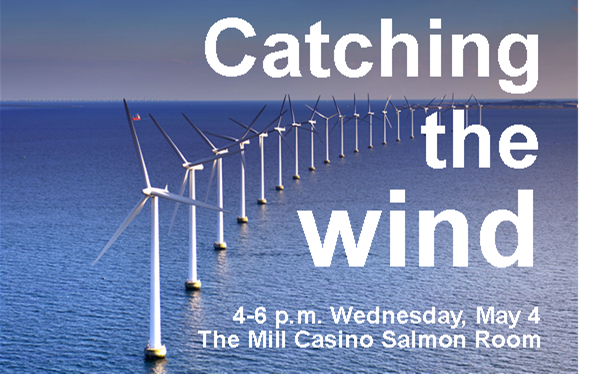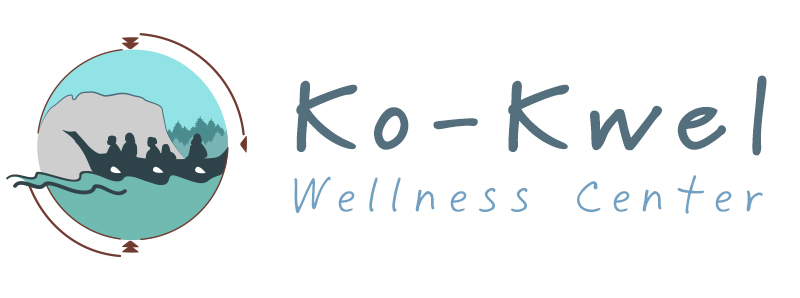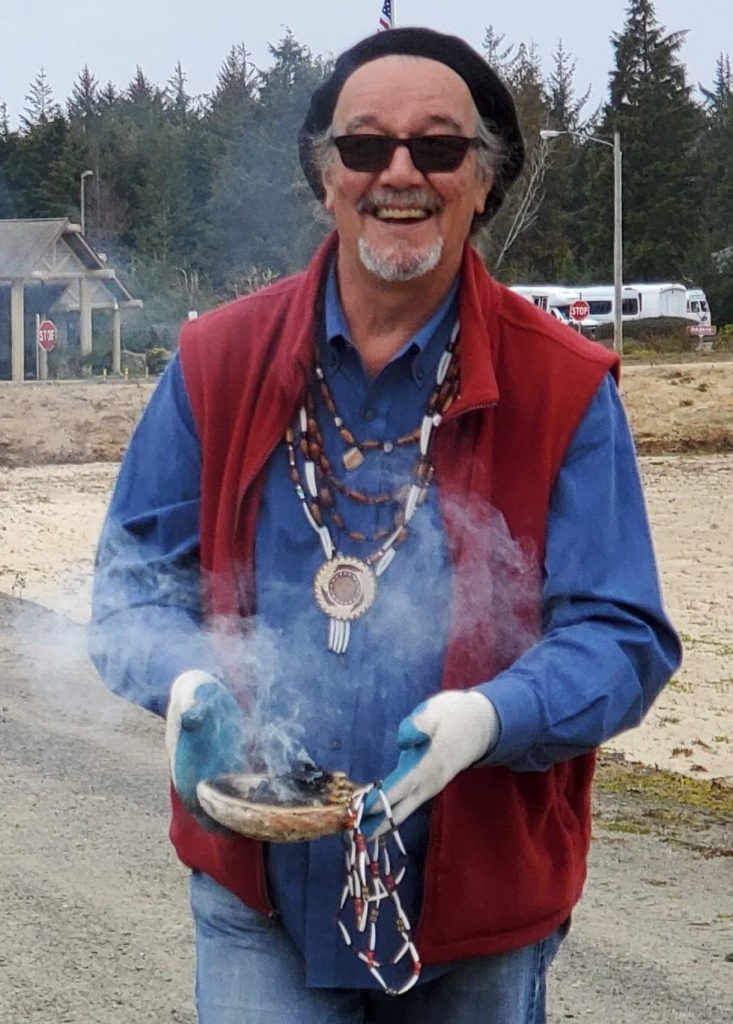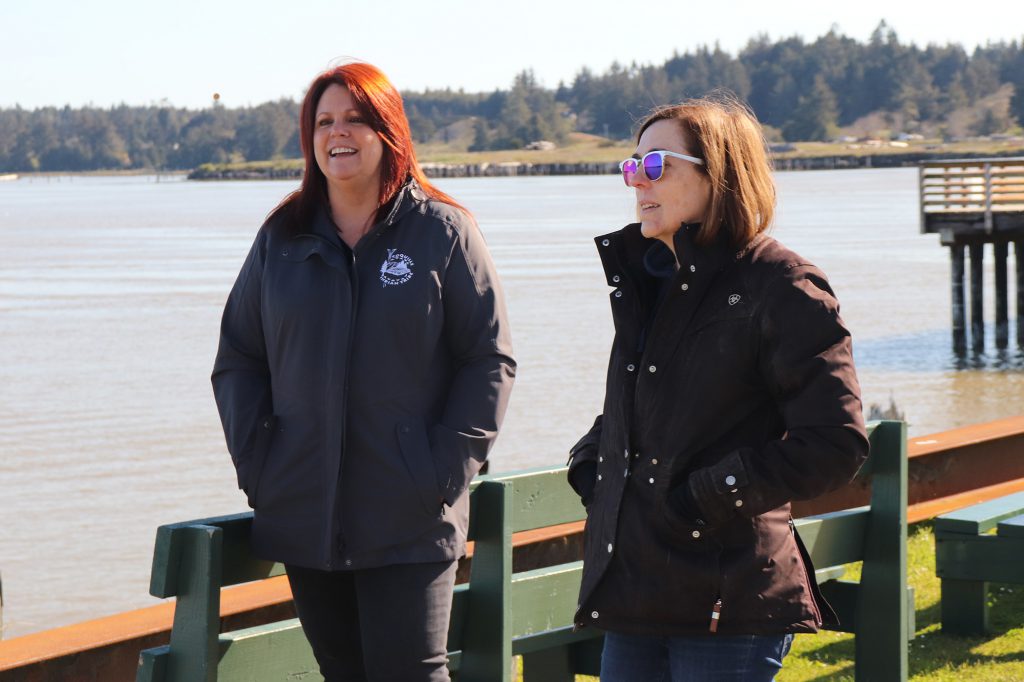2022 Grant Awardees
The Coquille Tribal Community Fund distributed grants totaling $284,700 in 2022. With these grants, the community fund’s total distributions since 2001 total about $7.3 million.
- 1st Phoenix Community Center received $5,000.
- ACCESS received $5,000.
- Agness Illahe Rural Fire Protection District received $1,873.
- Alternative Youth Activities received $10,000.
- Alternatives To Violence (ATV) received $7,820.
- Bandon Historical Society Museum received $2,400.
- Bear Cupboard received $5,000.
- Boys & Girls Club of Southwestern Oregon received $5,000.
- Brookings Harbor Community Helpers Inc. received $5,000.
- Camp Millennium known as Camp M received $5,000.
- Camp Myrtlewood received $20,000.
- Centro Latino Americano received $5,000.
- Charleston Fishing Families received $4,000.
- Charleston RFPD received $3,000.
- Christian Help of Gold Beach Inc. received $5,000.
- Community Presbyterian Church Warming Center received $2,000.
- Community Supported Shelters received $7,400.
- Conference of St. Vincent de Paul Society of Myrtle Creek received $5,000.
- Consumer Credit Counseling Service of Southern Oregon received $5,000.
- Coos Art Museum received $3,500.
- Coos Bay Area Zonta Service Foundation received $5,000.
- Coos Bay Coast League received $5,000.
- Coos Bay Downtown Association – Farmers Market received $3,500.
- Coos Bay Seventh-day Adventist Food Pantry received $5,000.
- Coos County ARES/RACES received $4,751.
- Coos Watershed Association received $5,000.
- Daisy C.H.A.I.N. (DC) received $5,000.
- Dolphin Players Inc. received $2,500.
- Elakha Alliance received $3,000.
- Family Development Center received $4,000.
- Friends of Coos County Animals received $5,000.
- Habitat for Humanity of Central Lane received $5,000.
- Habitat for Humanity/Rogue Valley received $5,000.
- Harmony United Methodist Church received $5,000.
- Junction City Local Aid received $5,000.
- Knights of Columbus Council 1261 North Bend received $3,500.
- La Clinica del Valle Family Health Care Center Inc (dba La Clinica) received $5,000.
- Lakeside Senior Center Inc.’s Project Lakeside Feed the Need received $5,000.
- Little Theatre on the Bay received $5,000.
- Mapleton Food Share received $5,000.
- Mid Lane Cares received $5,000.
- North Bend Fire Department received $2,000.
- Oregon Coast Artisan Trade Education Collective received $5,000.
- Oregon Coast Community Action (ORCCA) received $5,000.
- Power On With Limb Loss received $3,000.
- Project Youth Plus (previously College Dreams) received $5,000.
- Siuslaw Outreach Services Inc received $2,500.
- SMART Reading received $2,731.
- Southern Oregon Navigator received $5,000.
- Southwest Oregon Veterans Outreach Inc. (SOVO) received $5,000.
- Teresa McCormick Center received $5,000.
- The ALS Association Oregon and SW Washington Chapter received $2,500.
- The Common Good received $5,000.
- The Friendly Kitchen/Meals on Wheels Roseburg received $5,000.
- The Lighthouse School received $9,725.
- Triangle Food Box received $4,000.
- Waterfall Community Health Center received $5,000.
- Youth 71Five Ministries (71Five) received $5,000.

